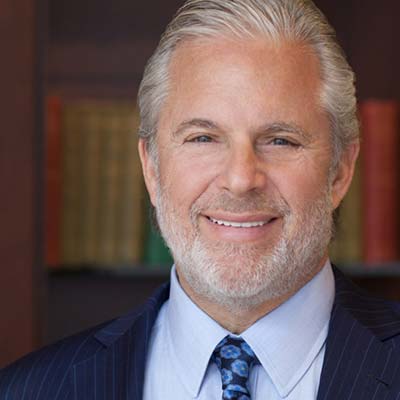Mission Throttle Teams with Yad Ezra to Combat Hunger in the Jewish Community
Yad Ezra has selected Mission Throttle to develop an enhanced business strategy that supports its long-term ability to provide kosher food to families in need in Southeast Michigan.
While federal programs help provide safety nets and other critical assistance to those at risk of hunger, these programs do not reach everyone in need, and food banks remain a critical component of the fight against hunger. Yad Ezra opened its doors in 1990 to provide food-insecure Jewish families with kosher food that was unavailable through other programs. By distributing groceries to families in need, Yad Ezra works to alleviate some of its clients’ financial burdens. In 1990, Yad Ezra served an average of 250 families monthly; current statistics indicate that it now provides approximately 1,300 impoverished families (almost 3,000 individuals) with food, health care items, and household goods on a monthly basis.
While the problem of hunger in the Jewish community and beyond still remains, Yad Ezra will continue to play a critical role in supporting struggling families. The organization is uniquely positioned to respond to this persistent problem and expand its services to those in need by building on its already successful programs.
Mission Throttle and Yad Ezra will work in partnership to
- Identify key organizational assets
- Establish clear goals based on organizational strengths and aspirations
- Consider market gaps to pursue
- Determine market demand for its primary service offering and potential additional offerings
- Identify national best practices for comparable models with potentially marketable revenue streams
About Mission Throttle
Mission Throttle is a social impact strategy firm dedicated to accelerating philanthropic innovation in communities. We advise, invest in, and support mission-driven organizations that seek to use market-based strategies to address social and environmental challenges. We are deeply passionate about our work and believe that merging business solutions and philanthropic values is critical to sustain and scale social impact for those in need.
About Yad Ezra
Yad Ezra opened its doors in 1990 with the purpose of providing kosher food to needy Jewish families in Southeastern Michigan. The founders of Yad Ezra learned that there were impoverished Jews living in the community who relied heavily on government assistance programs, including food stamps.





